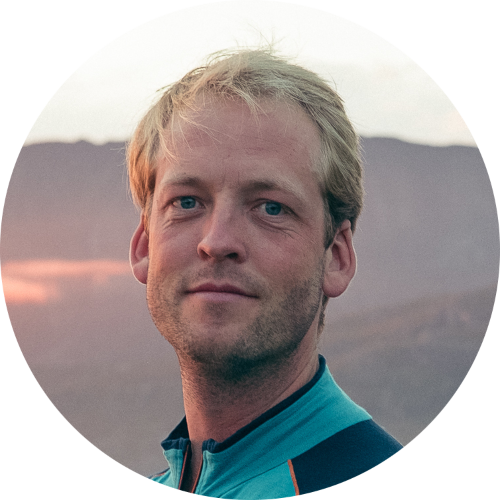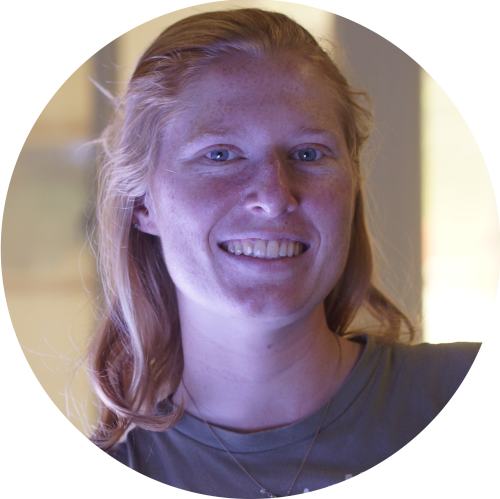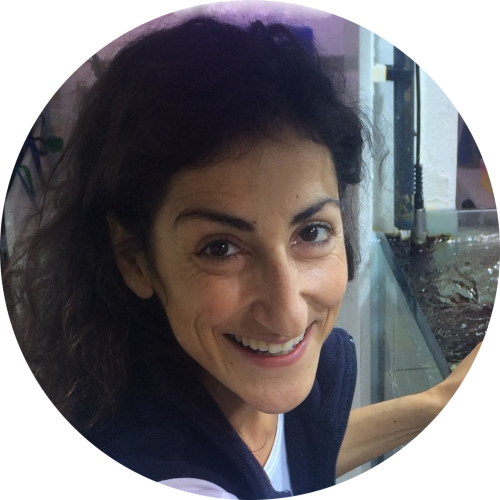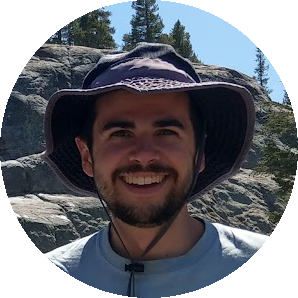PhD Student Wanted!
Modeling biomineralisation processes
This PhD project is part of the cross-disciplinary project “Building Shells: Towards a Mechanistic Understanding of Biomineralisation” funded by the Leverhulme Trust.
The goal is to combine measurements of organism physiology, gene expression and skeletal geochemistry to create a quantitative computational model of biomineralisation processes in marine calcifying organisms. This model will encode chemical, physical and biological processes associated with biomineralisation, and ultimately aims to predict the composition and formation rates of biominerals under different environmental conditions.
Applications:
Applications for this position are now closed. Please see our jobs page for other opportunities.
Project Context
This PhD studentship is part of a large, cross-disciplinary project “Building Shells: Towards a Mechanistic Understanding of Biomineralisation” funded by the Leverhulme Trust. This project will involve three postdoctoral researchers and three PhD students over the next five years, bringing together physiological, geochemical and computational approaches to advance our understanding of biomineralisation mechanisms.
Scientific Background
Calcium carbonate shells formed by marine organisms play critical roles in Earth’s past, present and future climate. Shells in the modern ocean are key determinants of how much carbon the ocean absorbs, and therefore the trajectory of atmospheric CO2 in the coming decades. Shells in ancient oceans record environmental conditions in their trace chemical and isotopic composition, providing invaluable ‘proxy’ archives that underpin our understanding of how climate responds to major perturbations. The state-of-the-art in both predicting future calcification and inferring past climate conditions relies upon empirical relationships being extrapolated beyond the conditions that they were established in. This approach receives substantial attention and investment, but is limited by a key knowledge gap: we do not know how these ‘biominerals’ form. Specifically, we lack a mechanistic understanding of biomineralisation that can quantitatively predict their formation rates and composition in known environmental conditions. Without this, we cannot assess the validity of our empirical extrapolations, or even determine the sources or magnitude of the uncertainties inherent in them. This places fundamental limits on our ability to predict the response of biominerals to future climate change, and infer past climatic conditions from their fossil composition.
A complete understanding of biomineralisation mechanisms has remained elusive for two key reasons. First, decades of focused research has been restricted to disciplinary silos. Biologists have focussed on the physiology and architecture of biomineralisation, mineralogists have advanced our understanding of precipitation processes, and geochemists have established empirical links between the environment and biomineral composition. Second, biomineralisation involves the confluence of these processes at the nanometre to sub-nanometre scale in delicate, transitory environments that remain beyond the limits of our observational techniques. The “Building Shells” project proposes to surpass these disciplinary and technical boundaries by combining measurements of biomineral geochemistry, organism physiology and gene expression with Bayesian statistical techniques to derive a quantitative understanding of the underlying mechanisms of biomineralisation.
This PhD project will focus on bringing together the geochemical and physiological measurements made by the other project members to create a quantitative model of biomineralisation processes.
Specific PhD Project Description
The PhD student will work closely alongside an existing team of three postdoctoral researchers and two PhD students, to model the biomineralisation processes of corals, foraminifera and coccolithophores that have been grown under conditions designed to examine the pathways of ion transport and the processes of crystal growth in biomineralisation.
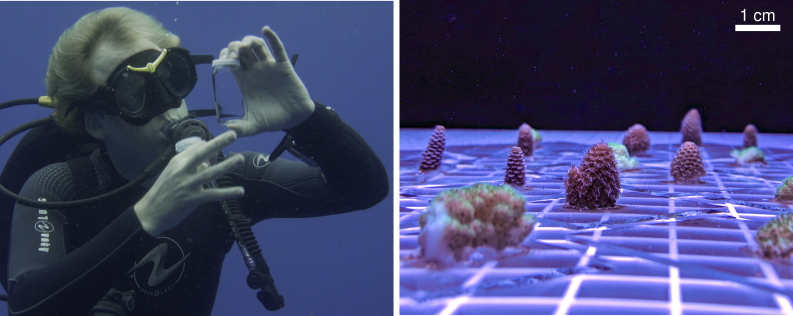
Training Provided
- Computational modelling methods:
- Coding in Python/Julia.
- Markov Chain Monte Carlo methods for Bayesian inference.
- Biogeochemical data analysis:
- How to code up and explore interacting biological, chemical and physical processes.
- Data analysis and interpretation.
- Scientific presentation and writing.
Applications
An ideal applicant will have a strong background in computing, mathematics and/or natural sciences (chemistry, biology, Earth sciences, physics, etc.), and some or all of:
- Experience in computational modelling applied to biological/chemical systems.
- Experience interpreting and analysing biogeochemical data.
If you’d like to find out more about what it’s like to work here, please feel free to contact anyone on the team and ask us anything!
Application Instructions
Applications should be submitted via the University of Cambridge Graduate Application Portal. However, please get in touch before applying, if you are interested. If you don’t contact me in advance, we may miss your application!
General instructions for the application portal can be found here, but a few specifics steps for applying to this project are:
- In the ‘Research’ section of ‘Course Application’ select ‘Yes’ in reply to ‘Do you have any research information to add?’, then give the title of this project (‘Modeling biomineralisation processes.’) and my name (‘Oscar Branson’) as the supervisor. You do not need to put anything in the ‘summary of proposed research’ box, but please do list any experience you have that’s relevant to the project in the ‘Research Experience’ box.
Please get in touch if you have any questions.
